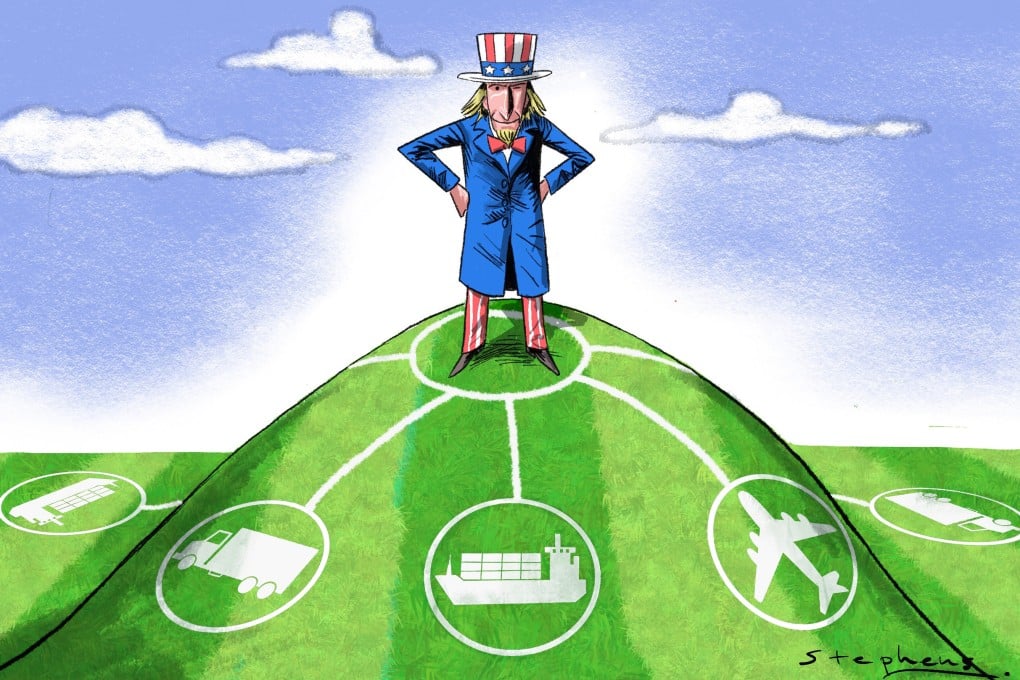Opinion | US reshaping of global supply chains is ultimately self-serving
- Far from being defensive, proposals such as the Indo-Pacific Economic Framework supply chain deal are designed to de-Sinicise critical sectors, prevent China’s rise and cut it off from the world
- They also risk creating vulnerabilities for developing countries and fracturing the world into two or more global trading blocs

South Africa, for example, has turned to China for its affordable renewable energy expertise amid a serious power shortage, with the minister in charge of electricity, Kgosientsho Ramokgopa, saying earlier this month: “We have gone to all other embassies, you are the only ones who have come back to us saying ‘we will assist you without any condition’.”
While there is fragility in global supply chains, “the case for policy intervention”, said World Trade Organization chief economist Ralph Ossa, “is weak” because “there is no reason to believe that firms are systematically under-or overexposed to supply chain risks”.
The American approach simply highlights Washington’s conception of China as the US’ principal adversary. It is a reflection of the US mentality that adversaries it depends on would be tempted to take action against it. As US Secretary of State Antony Blinken said: “If the shoe was on the other foot, I have no doubt that China would do exactly the same thing”.
Indicative of the real motives behind its attempt to restructure global supply chains, the Biden administration’s actions extend far beyond the few sectors China dominates.

